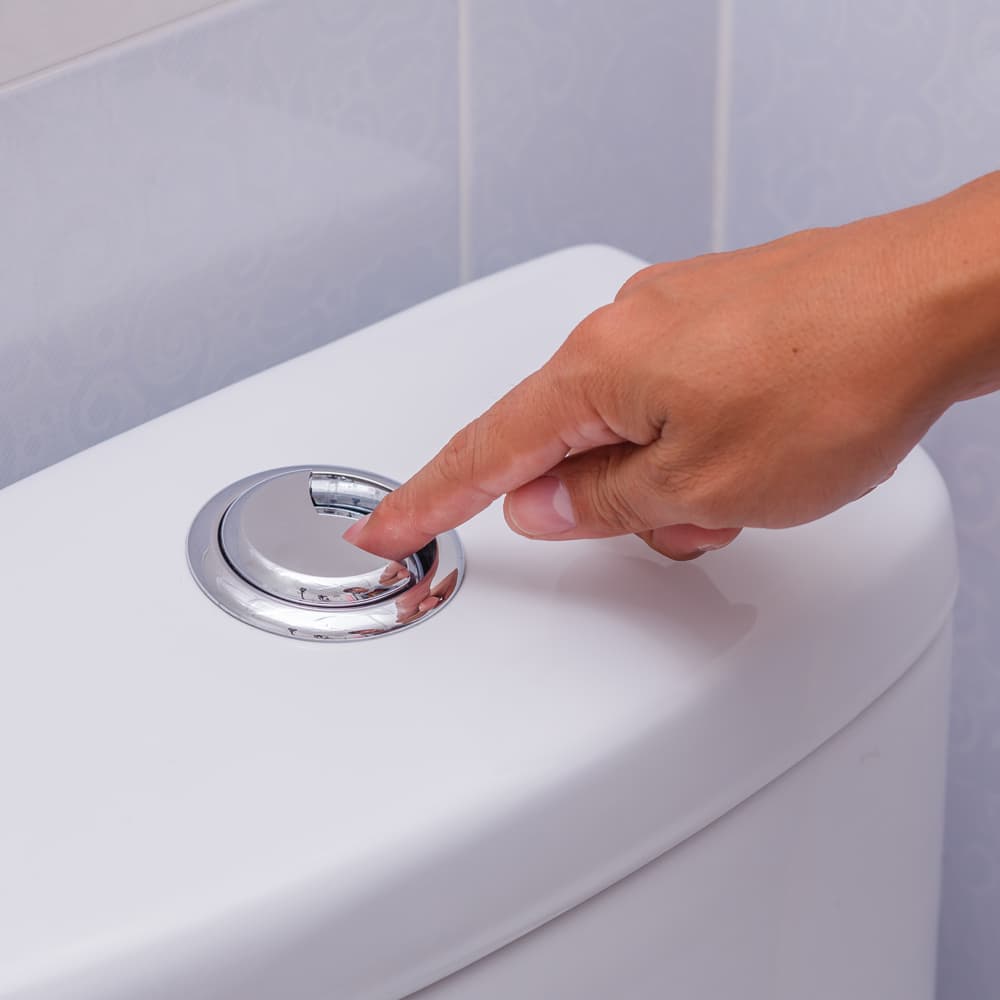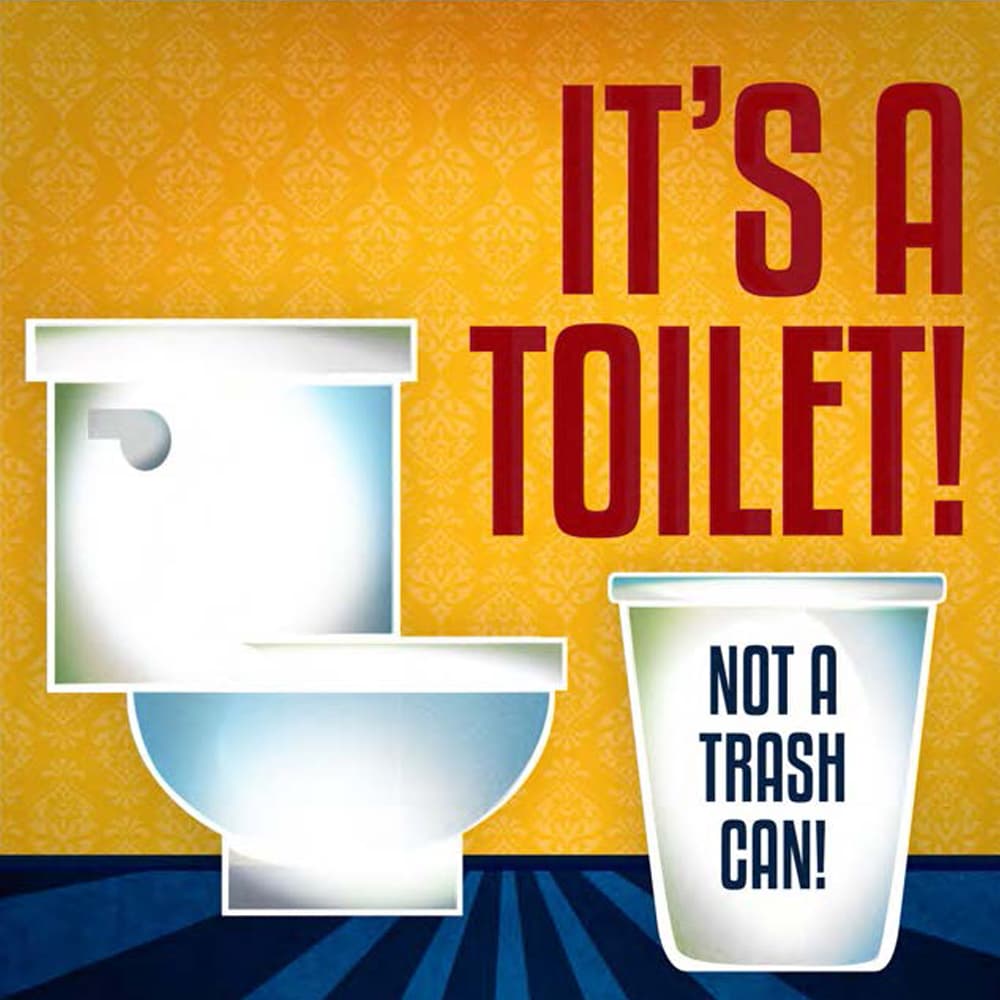AMWUA Blog
BY: AMWUA StaffWe Must all Flush Responsibly

As we all spend more time at home, our residential sewer systems are seeing more action than usual. More traffic in sewer pipes can mean traffic jams and back-ups.
That's why it’s important to note that flushing the wrong items down the toilet can be costly, not just for you, but for your city. Only flush pee, poop and toilet paper (the three P’s). Flushing anything else can damage wastewater treatment equipment and cause a sewage overflow through manholes and on streets, all of which is an avoidable expense for the cities and ultimately for you, the taxpayer. And frankly flushing the wrong items can create a gross mess for treatment plant workers.
With toilet paper currently a precious commodity, we understand people will look to utilize alternate items such as "flushable" wipes, paper towels, tissue or other paper items for personal cleaning. Wipes of any kind, even if they are labeled “flushable” are not immediately biodegradable and do not break down in the sewer system. Wipes and anything that is not toilet paper can cause costly backups into your home or street and can significantly impact our wastewater treatment plants. Instead, simply dispose of them in the trash.
Cities depend on gravity to carry the wastewater that comes out of your home through a series of pipes and into the cities’ treatment plants. Where gravity does not work, motorized pumps give the system a boost. Clots often make it through the well-cleaned pipes, but they can jam the pumps inside the lift stations and at wastewater treatment plants. These clots can burn out expensive motors and plug industrial screens. Public workers must then re-route or temporarily stop the flow while they clean up and repair the damage.
 It’s important to remember that the toilet is not a trash can, and things such as those wipes, other products such as paper towels, facial tissue, diapers, feminine hygiene products, cotton swabs, cotton balls, band-aids, dental floss, and condoms should also never be flushed.
It’s important to remember that the toilet is not a trash can, and things such as those wipes, other products such as paper towels, facial tissue, diapers, feminine hygiene products, cotton swabs, cotton balls, band-aids, dental floss, and condoms should also never be flushed.
All prescription and over-the-counter medications must be disposed of safely. While flushing them down the toilet might seem like a safe way to dispose of expired medications, it is not. You are dumping chemicals into the water system and water treatment plants are not equipped to remove all those chemicals from the water. To ensure our wastewater remains safe and reliable please visit one of many convenient locations across the State to dispose of all medications. Other chemicals such as unwanted household cleansers, topical solutions, and disinfectants can also harm and should not be poured down the toilet. Proper disposal of these also helps protect your health and the environment.
Wastewater is an important part of the Valley’s water portfolio. Technology allows the wastewater flowing out of homes and businesses to be screened, treated and reused, primarily to irrigate landscaping and fill underground aquifers for use in times of water shortages. Also, treated wastewater from five AMWUA cities is utilized to cool the Palo Verde Nuclear Generating Station .
In addition to keeping our wastewater as safe as possible, cities need to keep reclaiming wastewater at the lowest cost possible. That’s why cities ask for residents and businesses to help be mindful of what is being flushed down their toilets. So please remember that your toilet is not a trash can and for the health of our cities let’s all flush responsibly.
For over 50 years, Arizona Municipal Water Users Association has worked to protect our member cities’ ability to provide assured, safe and sustainable water supplies to their communities. For more water information visit www.amwua.org .
Stay up to date & sign up for the AMWUA Blog:
Sign Up Now For Email Marketing you can trust.
